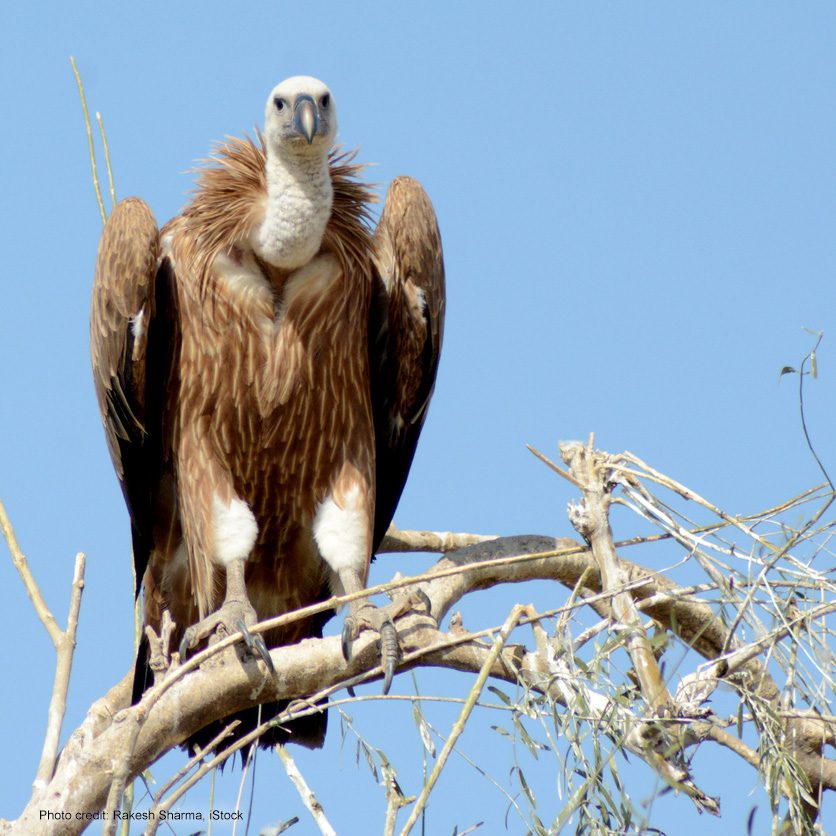May 02, 2023 Wild Birds: Human & Animal Welfare, Environment, and Global Sustainability
Wild birds are important for their contributions to ecosystem health and human well-being. Critical ecological roles provided by birds include insect and rodent control, plant pollination, and seed dispersal. Wild birds have also captivated humans for millennia, and today, the avid birder or “twitcher” is a well-known trope that has even been the focus of a Hollywood movie. In addition, recent research indicates that a rich diversity of wild bird species enhances the mental health of all humans, not just twitchers.
Unfortunately, bird populations around the world are in trouble. Birdlife International reports that one in eight bird species are threatened with extinction. In North America, it is estimated that wild bird populations have fallen by 2.9 billion individuals since 1970. In the EU (one-fifth the size of North America), wild bird populations have dropped by an estimated 600 million individuals. Just as the canary in the coal mine warns miners of dangerous concentrations of poisonous gas, falling wild bird numbers across the globe reflect threats to global sustainability.
Falling bird populations and declining bird biodiversity stem mainly from human impacts on the Earth. Expanding agricultural monocultures has adverse effects on bird populations. These impacts include large-scale deforestation to support agriculture. The loss of forests also contributes to climate change. In Europe, hunting songbirds is partly responsible for declining songbird numbers. BirdLife International estimates that 25 million small birds are killed annually by hunters as they cross the Mediterranean on annual migrations. Such hunting has been illegal in many Mediterranean countries for decades, but it continues.
Other threats include glass windows, wind turbines, poisoning, invasive predators, and diseases like the highly pathogenic avian influenza (HPAI) virus. This virus is causing the deaths of millions of farmed poultry and large numbers of wild birds worldwide, including wild eagles, owls, and the endangered California Condor in North America (NY Times, April 30, 2023, Opinion Page 10). The latest HPAI bird flu virus is reported to have emerged from an area in China identified in a recent book (Virulent Zones) as a pandemic epicenter because it supports millions of ducks, other poultry, and pigs raised in intensive systems. The 1918 Spanish Flu pandemic was caused by a bird flu virus that had mutated to spread from human to human.

Griffon vulture (Gyps Fulvusby) | Photo credit: Rakesh Sharma, iStock
One example of the vital contribution of birds to the ecosystem comes from the recent decline of vulture populations across South Asia and Africa. The ecological importance of vultures has become apparent as vulture populations plummet. The veterinary anti-inflammatory drug diclofenac was introduced in the 1990s in South Asia. The drug was used to treat sick cattle and is very toxic to vultures. When sick animals treated with diclofenac die, vultures are often the carcass disposal agents. While vultures have evolved to resist infections from all the potential diseases that dead livestock might harbor, diclofenac has proved to be lethal. In India, vulture populations have dropped by more than 97% since the introduction of diclofenac. The absence of vultures transfers the costs of carrion disposal to communities and also affects Parsee (Parsi) funeral traditions. (Parsee rites involve leaving recently deceased humans on specially constructed “towers of silence” where vultures rapidly consume the corpses.)
Sea birds provide another example of an essential avian ecosystem service. They recycle nutrients and fertilize critical marine ecosystems, such as the coral reefs around islands. When invasive species disrupt island seabird colonies, it adversely affects the island ecosystem, including the sea life around the islands. Fish grow faster and larger around islands with healthy seabird colonies.
A more urgent, ethical, and considered approach is needed to support the protection of wild birds and the landscapes that protect them. Political and societal decision-making must recognize the importance of wild birds – for their ecological value, critical role in human well-being, and as sentient beings. We should also address the threats to both birds and people emerging from modern intensive animal agriculture systems that provide such an efficient breeding ground for the emergence of dangerous viruses.
Janice H. Cox, MBA, has held various management and advocacy roles in the international animal welfare movement over the past 30 years. She is “retired” but continues to produce materials on animal policy, advocacy, development, and education/training in support of the new organization, the World Federation for Animals. She is based in South Africa and has assisted with regional strategic planning for African animal welfare. Janice received a 2014 Lifetime Achievement Award from Humane Society International.


